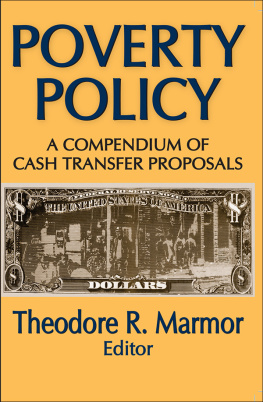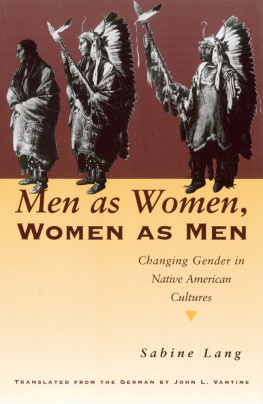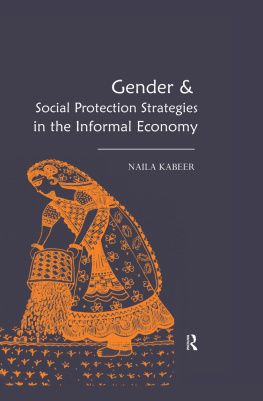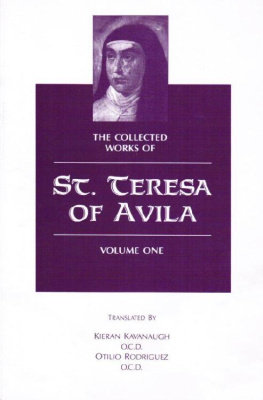
Women, Gender, and Conditional Cash Transfers
Conditional Cash Transfer (CCT) Programs have been widely used throughout less economically developed countries to fight poverty and foster socioeconomic development. In Women, Gender, and Conditional Cash Transfers, a multidisciplinary group of feminist scholars use in-depth interviews, survey data analysis, and ethnographic and archival research to explore the extent to which Bolsa Famlia, the largest CCT program in the world, contributes to foster gender justice, womens autonomy, and to improve gender relations.
Comprising nine chapters, written by authors from different regions of Brazil, this book captures perspectives from across Brazil to explain Bolsa Famlia according to regional social inequalities and provide historical, and up-to-date, insights into this program from a feminist perspective. The authors are able to contribute and move beyond conventional feminist knowledge on CCTs, through considering questions of gender raised in the specialized literature in relation to Bolsa Famlia and by addressing concerns of intersectional categories such as race, ethnicity, age and geographic location.
Women, Gender, and Conditional Cash Transfers will be of great interest not only to scholars of Latin American politics, but also to students of development policy, public policy, and gender.
Teresa Sacchet is a professor at the Graduate Program in Interdisciplinary Studies on Women, Gender and Feminism, at the Federal University of Bahia, Brazil. She specializes on topics related to feminism, democratic theories, political institutions, political parties, quotas, electoral system, electoral financing, and public policies with a focus on gender and racial issues.
Silvana Mariano is a professor at the Department of Social Sciences at the State University of Londrina, Brazil. She specializes in the field of Sociology, with an emphasis on Gender Studies, working mainly on the following themes: gender, feminism, public policies and citizenship.
Cssia Maria Carloto is a professor at the State University of Londrina, Brazil and the leader of the Gender, Public Policies, and Family research group at the same institution. She has conducted research on womens participation in Conditional Cash Transfer programs since 2003, focusing particularly on Bolsa Famlia.
A much needed feminist critical review of Bolsa Familia that might enlighten Conditional Cash Transfers Programs analysis and improve them to better impact on womens lives and gender equality.
Corina Rodrguez Enrquez, FLACSO Argentina
This book makes an essential contribution to studies of gender (and race) within conditional cash transfer (CCT) programmes. It offers a detailed examination of the best-known CCT, Brazils Bolsa Famlia, showing how it has been both essential and insufficient for the amelioration of extreme poverty, and how it has built upon, and shifted, gender roles in the country. This is an essential resource to scholars and students working in this field.
Alfredo Saad-Filho, Kings College London
First published 2021
by Routledge
52 Vanderbilt Avenue, New York, NY 10017
and by Routledge
2 Park Square, Milton Park, Abingdon, Oxon OX14 4RN
Routledge is an imprint of the Taylor & Francis Group, an informa business
2021 Taylor & Francis
The right of Teresa Sacchet, Silvana Mariano and Cssia Maria Carloto to be identified as the authors of the editorial material, and of the authors for their individual chapters, has been asserted in accordance with sections 77 and 78 of the Copyright, Designs and Patents Act 1988.
All rights reserved. No part of this book may be reprinted or reproduced or utilised in any form or by any electronic, mechanical, or other means, now known or hereafter invented, including photocopying and recording, or in any information storage or retrieval system, without permission in writing from the publishers.
Trademark notice: Product or corporate names may be trademarks or registered trademarks, and are used only for identification and explanation without intent to infringe.
Library of Congress Cataloging-in-Publication Data
A catalog record for this title has been requested
ISBN: 978-0-367-25115-4 (hbk)
ISBN: 978-0-367-25116-1 (pbk)
ISBN: 978-0-429-28613-1 (ebk)
To women living in poverty who have to fight daily for their own and their familys survival, particularly women from Bolsa Famlia who take part in this book with their histories and experience.
Cssia Maria Carloto Social Worker and Professor at the Department of Social Work and the Postgraduate Program in Social Work and Social Policy of the State University of Londrina, Brazil. Leader of the Gender, Public Policies, and Family research group. She has conducted research on womens participation in Conditional Cash Transfer programs since 2003, focusing particularly on Bolsa Famlia.
Fbio Domingues Waltenberg is an associate professor of Economics at the Universidade Federal Fluminense (UFF), Brazil, and a researcher at the Center for Studies on Inequality and Development (CEDE). He is a member of the Graduate Program in Economics of UFF, which he coordinated between 2015 and 2017. He holds BA and MA degrees in Economics from the Universidade de So Paulo, Brazil, and a PhD in Economics from the Universit Catholique de Louvain, Belgium, obtained in 2007. He is currently a senior Post-Doctoral Researcher at the Chair on Inequalities at the Brazilian Institute of Advanced Studies, Universidade Federal do Rio de Janeiro, and coordinates the Brazilian team involved in the evaluation of a Universal Basic Income program in Maric. His research focuses on economic analyses of social policies, with emphasis on economics of education and cash transfer policies.
Josimara Delgado Social Worker and professor at the Postgraduate Program in Interdisciplinary Studies on Women, Gender, and Feminism, Federal University of Bahia, Brazil. Her research focuses on the relationship between class, gender, and generation; social protection, public policies, social service, and Bolsa Famlia.
Luana Passos is a researcher at the Family Economics Study Group and Gender (GeFam). She holds BA degrees in Economics from the Universidade Estadual de Feira de Santana, Brazil, and MA and PhD degrees in Economics from the Universidade Federal Fluminense, Brazil. She was Post-Doctoral Researcher in the Universidade Federal de Minas Gerais, Brazil. Her research interests include Labor Economics, Gender Relations, Feminist Economics, and Tax Justice. PNPD/CAPES Fellow during the time of preparation of this chapter.
Mani Tebet A. de Marins Adjunct Professor of Sociology at the Federal Rural University of Rio de Janeiro, Brazil. Professor at the Postgraduate Program in Public Policies in Human Rights at the same institution. She has conducted research and published on the following themes: inequality, public policies, education, race and gender relations, and Bolsa Famlia.
Mrcia Santana Tavares Social worker, professor of the Postgraduate Program in Interdisciplinary Studies on Women, Gender, and Feminisms at Federal University of Bahia, Brazil; researcher at the Center for Interdisciplinary Studies on Women; member of the Observatory for the Application of the Maria da Penha Law (UFBA). Her research interests include: gender relations, practices and social representations; management, monitoring and evaluation of public policies, with a focus on gender and violence against women, social service and









